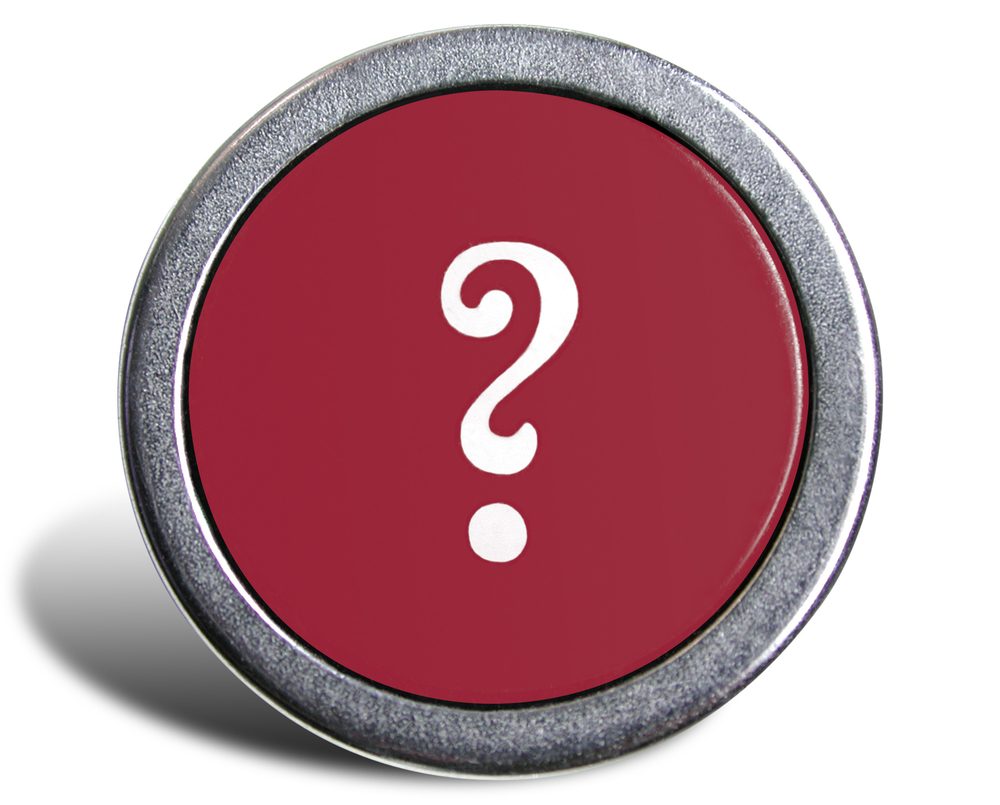When I was a child, I was racked with guilt. It was relentless, sickening, following me from the time I got out of bed to the moment I fell asleep. Everything I did was wrong and cause for guilt. How I played with my sisters, how I helped in the kitchen, how I cleaned my room, how I slept in my bed. My thoughts and feelings were also suspect, and I would be burdened for days over a disrespectful thought or mean emotion. (As I got older, listening to secular songs, not averting my eyes from kissing actors on TV, or so much as glancing at a stranger’s body also sent me spiraling into guilt.)
This guilt gnawed at my mind and caused me to develop all kinds of strange, physiological symptoms. I picked my fingernails. I washed my hands constantly. My eyes would water violently if someone looked at me for too long: not tears, just a stinging irritation that wouldn’t go away until I had hidden myself from their sight.
Now, I don’t blame one thing for this childhood experience. It was a combinaiton of factors: being the oldest sibling and inheriting partial responsibility of five younger lives, living under a mentally abusive parent who created a paranoia-fraught home environment, and of course, being raised as a fundamentalist Evangelical Christian. In my beaten down and indoctrinated mind, I needed to be perfect or else God and my family would abandon me… literally. In this life and the next.
I’ll spare you the gruesome story about how my father once made me pack a bag and drove me down the street, pretending to take me to a juvenile detention center to scare me into obedience. “We’ll come visit you during Christmas,” he’d said as I shook in the passenger’s seat. I’ll also refrain from describing how I was scared to shut any doors — bedroom, bathroom, etc. — because I feared the Rapture would happen and I’d discover myself suddenly alone in the house, left behind to face the wrath of God.
The only thing that absolved my oft-beleaguered soul was “confessing” this multitude of childish sins, not to any priest or even to God but to my father. My father had set himself up as God’s eyes and ears within the family. God spoke to him, and he to God. To sin against him was to sin against our heavenly Father, and therefore to confess to Joe was tantamount to confessing to Jehovah. He was our personal priest, alternately benevolent and vengeful, a symptom of his growing personality disorder masked as biblical, Godly love.
Through this whole ordeal, there was a level of cognitive dissonance: for all this guilt, I was constantly being told by my father that I was prideful, arrogant, and full of myself. To him, that seemed to be the worst and most unforgivable sin of all. I didn’t understand at the time that what he was picking up on was my lack of shame.
You see, guilt and shame are two different things. The guilt came from the conviction that I’d disobeyed an important rule and that some higher power — in this world or the next — would find out and punish me. Guilt is imposed upon us to keep us obedient. Meanwhile, shame is a personal, internal process that strengthens your own moral compass and inspires better behavior for it’s own sake. You are not worried about being found out or judged or punished. You are just disappointed you didn’t do better.
I felt guilt nearly every day of my life, but I didn’t feel shame. Even at that young age, I somehow was unconsciously able to separate how other people saw me (my father, my family, my God) with how I saw myself. To my father, whose life was steeped in virtuous shame, guilt simply wasn’t enough. I had not internalized my worthlessness and failure to the proper extent. Perhaps this was my saving grace, the thing that finally allowed me to walk away from the multiple abusive parent-child relationships I was born into.
The night I realized I wasn’t a bad person is still very clear. I was on a walk around campus one night, on my way home to my dorm room, looking up at the stars. For no particular reason, I suddenly told myself: “You’re a good person.” I was startled, shocked at the audacity of such a statement. But there it was. And suddenly the cognitive dissonance went away. It would be another year before I’d question my relationship with God, and another three before I abandoned faith altogether, but that was the first step toward my atheism.
That’s not to say I escaped without scars. I struggle with anxiety to this day. I don’t like saying goodbye to people I love because I still feel that vague, foreboding sense of losing them forever. I still catastrophize things, my neural pathways used to drawing world-ending consequences from minor mistakes. But these days, when I get in my own head and start picking at my fingernails, my atheist boyfriend takes my hand gently and says: “Don’t be nervous, love.” And because I no longer live with guilt, I can do that. And because I didn’t let that guilt turn into shame, I realize that this is the kind of love I deserve.


Thank you for every other excellent post. Where else may just anyone get that kind of info
in such a perfect approach of writing? I’ve a presentation next
week, and I’m on the search for such info.
LikeLike